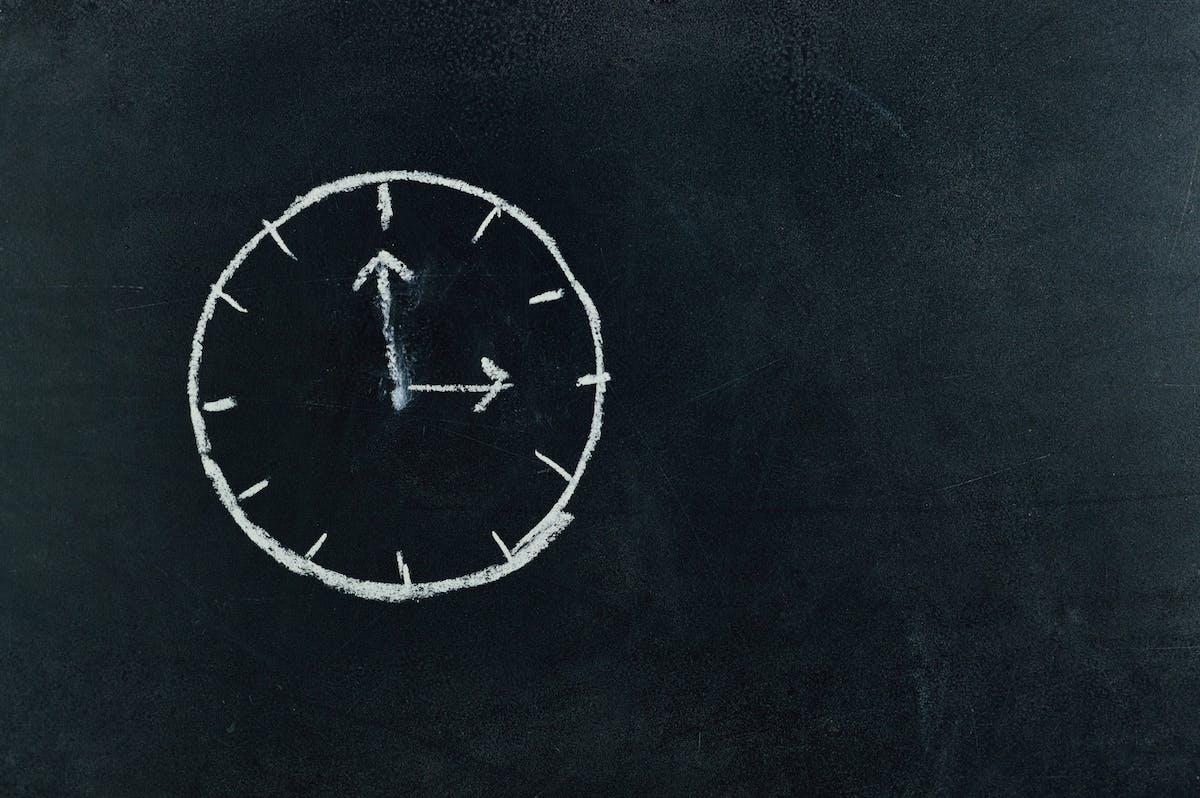 5-star Fitness
5-star Fitness
 5-star Fitness
5-star Fitness

With work deadlines, a busy social or family life, food-filled events, and various life stressors, health can be quite hard to maintain. Sometimes it is obvious when we are off track – blowing off exercising, eating poorly, always working late, or neglecting health in some other way. Other times, we unwittingly and gradually fall backward, only realizing it when we wake up asking ourselves, “How did I get here?!” It’s a common struggle in today’s fast-paced world to prioritize everything else above our own well-being, and before we know it, we’ve regressed in our health journey.
Recognizing the signs of regression is crucial in order to proactively address them and get back on track. It’s not always easy to identify when we’re slowly slipping backward, as it often happens without us realizing it. However, with awareness and a willingness to take action, we can prevent further regression and rekindle our commitment to our health and fitness journey. By acknowledging the factors that have led us astray and implementing strategies to overcome them, we can regain control and make positive changes.
If it is time to get a little more tuned in to your health, take this informal assessment to gain insights into your current state and identify areas for improvement. Answering yes or no to the following questions will help you evaluate your health and fitness journey:
Y/N It is very hard to put energy toward health or fitness.
Y/N I notice that exercising, eating right, quality sleep and such often come last.
Y/N I often overeat, eat poorly, or neglect fueling my body well.
Y/N I often say to myself, “I’ll start my health or exercise program on Monday.”
Y/N Markers of health could likely be worsening (blood pressure, cholesterol, quality sleep, weight, energy, etc.).
Y/N I keep hoping the next diet or exercise gimmick will work or that I will find a trick to lose weight.
If you answered yes to two or more, or if any one of these is a VERY solid “yes,” it is likely that your health could use some robust attention. Perhaps you already know this but don’t know where to start.
Here are 5 ideas that might get you going (or might spark your own ideas):
Do one thing a day for your health
Start with the principle of ‘less is more’ instead of not starting at all. This might involve preparing one healthy meal a day, joining an exercise class, eliminating one negative behavior, or setting a boundary on stress so you have more energy to exercise.
Start your day in a healthy way
First thing in the morning, either start moving in some way or eat a balanced meal. Whether it is a brisk walk or avocado toast with veggies, starting the day in a healthy manner positively influences the rest of the day! This could also include meditation or intention setting. Ask yourself, “what might get the day off to a great start?”
If you tend to overeat or overdrink, set ONE limit and create a goal around it
Consciously considering and setting appropriate limits (or portions as the case may be) is the beginning of working toward them. If you want to focus on limiting alcohol, for example, identify the reduced amount you will drink, write it down, and put the necessary support systems in place to make it happen. You might also consider accountability partners to increase support!
Move your body – even a little
Whether it’s stretching, taking a walk, attending a fitness class, getting outside, going to yoga, or playing pickleball, get your body moving. Find a way in. If it is too hard, start with less intense physical activity or shorten the amount of time you move. Additionally, explore new forms of movement – like dancing, pilates with reformers, rock climbing/bouldering, Zumba, F45, Crossfit, fencing, martial arts, and so on.
Last but not least, contact a professional
Many times, connecting with a fitness coach, trainer, dietitian, or therapist can be a tremendous reset button – it gives us energy, perspective, ideas and inspires action!
The Bottom Line
Maintaining our health and fitness journey can be challenging amidst the demands of work, social and family commitments, as well as various stressors in life. Sometimes, we may not even realize that we are gradually regressing until we wake up one day wondering how we got to this point. However, by recognizing the signs of regression and taking proactive steps, we can regain control and make positive changes. It’s important that you believe you have the power to take charge of your health and live your best life! When we believe this, the first step is much easier to take!
If you have any further questions or need ongoing guidance, remember that professionals are available to provide personalized support. Wishing you success and fulfillment on your health and fitness journey!
Page Lauer, LMFT, CEDS
Director of Behavioral Health